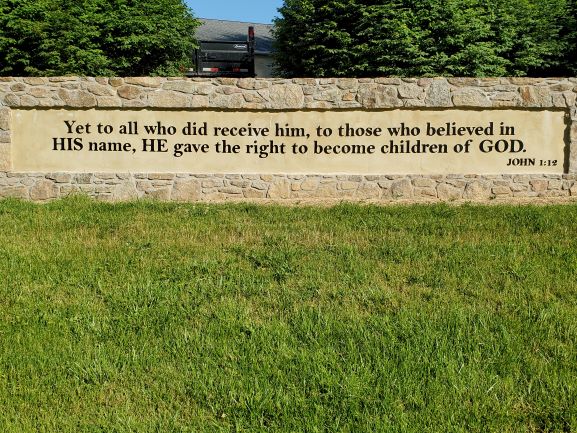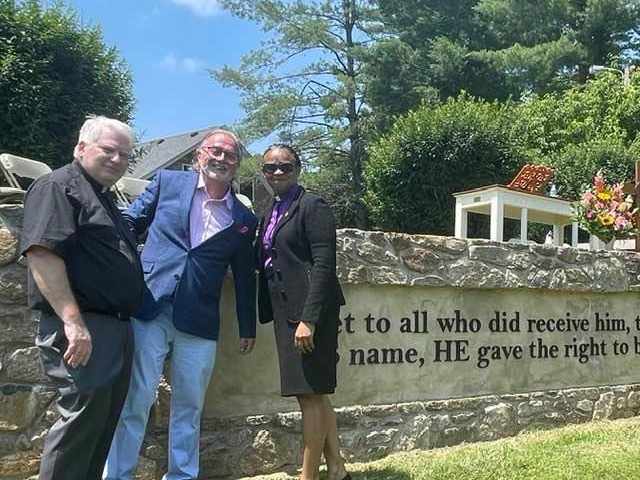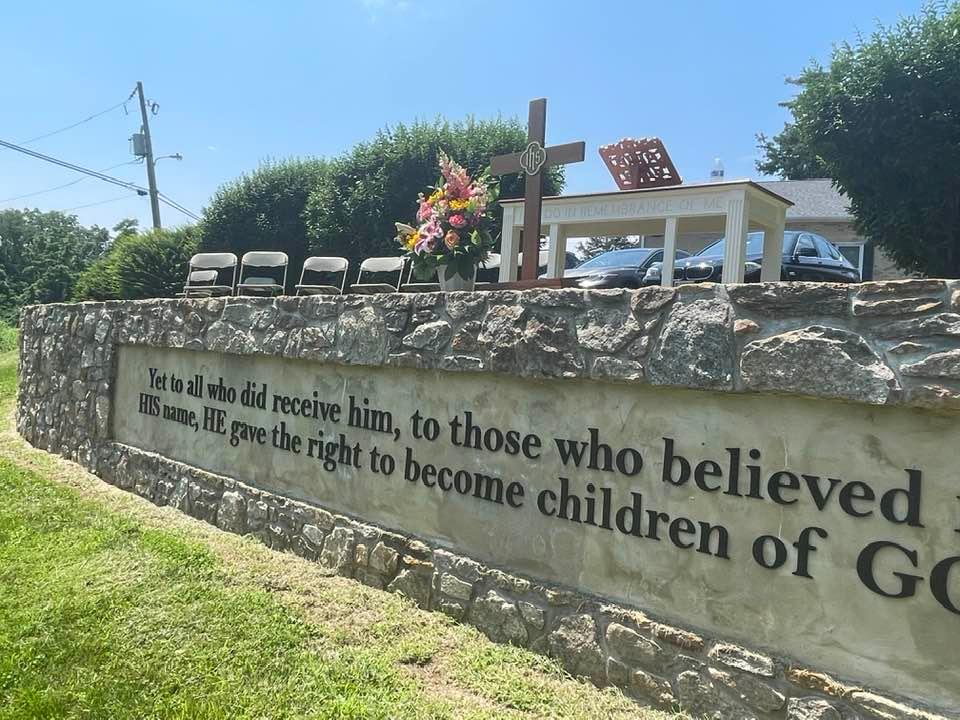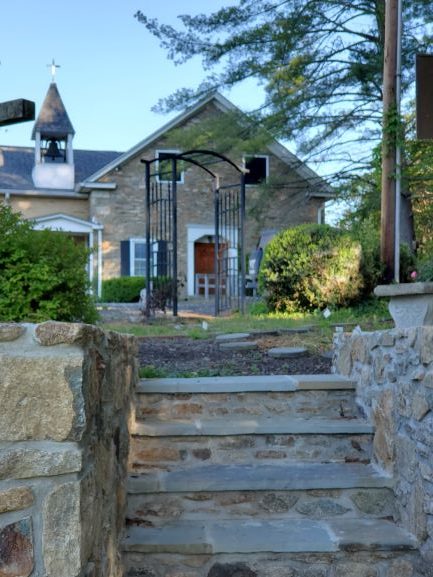On Sunday, June 26, Bishop Sharma Lewis led a group of United Methodists and community leaders from Loudoun County in dedicating a cemetery memorial at Hillsboro UMC.
The cemetery was originally part of the Arnold Grove Methodist Church, established and constructed by Methodists in 1835. It is the burial ground for 75 diverse members of the Christian family, Freed African Americans and Enslaved People, Mulattos, Native Americans, and Europeans.
The Arnold Grove Methodist Church was constructed and established by abolitionists with the Reverend William D. Wicks presiding. The African American community worshipped in the church.
The cemetery was rediscovered in 2018. Since then, there has been extensive financial support and work to not only make the cemetery dignified, but a place of inspiration and peace for all.
Among those joining Bishop Lewis at the event was Koran Saines, Vice Chairman of the Loudoun County Board of Supervisors; Mayor Roger Vance of Hillsboro; Rev. Ralph Carver, pastor Hillsboro UMC; and Al Gooden, the lay leader at Hillsboro UMC who has led the project’s design and construction.
Speaking at the event, Bishop Lewis said, “To the members of Hillsboro UMC, I want to commend you for your diligent work in completing this project.”
She added, “The uniqueness of this day is captured on the wall below, found in text below.”
The text on the wall is from the Gospel of John 1:12, “Yet to all who did receive him, to those who believed in His name, He gave the right to become children of God.” It is centered in the 85-foot-long memorial wall constructed with stone from the same source as the original Arnold Grove Methodist Church.
There are newly installed stone markers at the resting places of those in the cemetery. In addition, there are signs about the history of the cemetery and a peaceful alcove adjacent to the cemetery.
United Methodists and others throughout Virginia will find the story about the Arnold Grove Methodist Church inspiring and comforting. Amid the formidable economic, social, and health challenges of the 19th century, our brothers and sisters came together as children of God to serve one another in community.





